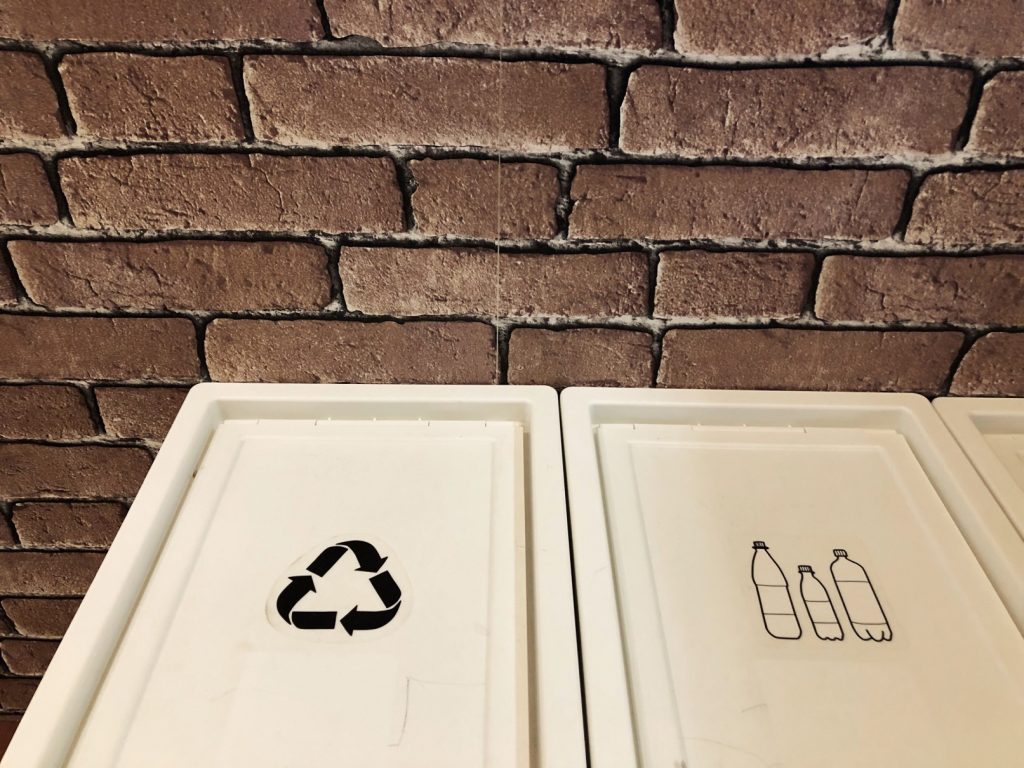
A principle is a fundamental truth that serves as the foundation for a system of belief or behavior. It is a standard that we hold everyone up to if we wish to achieve certain goals.
Since we are focusing on waste management as the major end goal in these discussions. It becomes necessary to look into the principles that help govern that system.
This is part of a broader discussion that we need to have regarding pollution. But for now, we are only dealing with the waste management aspect of it.
As once the pollutants are initially generated, they stop existing in the abstract. And come together under the purview of waste that we have to manage.
For this article though, we will only focus on solid waste, as it can be easily measured and quantified. Here are the main principles that govern the management of this type of waste.
This principle asserts that whoever is responsible for the creation of waste. Shall also be the one that pays for its disposal. This can happen both before the sale of the product or after its use.
For example, we can put a special tax on industries that release toxic waste as part of their production. This way, they pay for their pollution even before the products they produce get sold.
Another example would be a transport tax on oil and gas industries. As even minor leaks in the transport of these goods can result in catastrophic damage.
An example of post-use payment would be a soda company offering a buy-back program for bottles. In all these examples, we put in place a system that holds the polluters accountable.
This money can go towards establishing facilities that help deal with this waste. Polluters can avoid this by investing in the second principle of waste management.
Every product has a life cycle that involves the design, production, and distribution. Each stage can be further divided into sub-categories. Based on the various processes required to finish that phase.
For example, design alone involves various aspects. Such as raw material selection, prototyping, safety benchmarks, among others. Similarly, distribution can also be easily segmented into various stages. Such as packaging and handling, translocating, and last-mile delivery.
Each stage of the product cycle produces its own type of waste. Most of these waste products are simply thrown away without much thought. With end customers only having to deal with the packaging waste. Which in itself is basically thrown away without a second thought.
To minimize the impact of this endless process of production and waste. Companies need to optimize their product cycle to minimize the production of waste. They have the power to do so, as they control almost every aspect of their production cycle.
This will not only reduce the amount of waste that is often produced during the creation of a product. It will also reduce the load on end-users. Who won’t have to deal with the waste that comes with the product as part of its packaging.
A good example of this is how McDonald’s redesigned their coffee lids to reduce the need for a straw. This simple move alone takes away millions of pounds of plastic waste from the system.
These kinds of tweaks to the business models of big corporations will go a big way into handling the waste issue. Of course, it will cost a bit initially, but over time, the benefits reaped will be exceptional.
A good place to start this would be by focusing on the next principle of waste management.
A simple way to optimize the life cycle of your product is to measure its resource efficiency. The principle states that we already know natural resources are finite. So, we should adjust our rate of consumption to match the availability.
That way we don’t end up depleting said resource beyond usability. If companies pick the resources they utilize based on this principle. It will go a long way towards ensuring sustainable development.
A very basic example of this is our current use of fossil fuels. Which are finite resources, but we keep using them at an unsustainable rate. So much so, that we could use up all our natural reserves within the next century or two.
This seems like a common-sense tool to apply to all situations. But, unfortunately, human greed often trumps common sense. And we need a radical rethinking of our habits if we are going to change that.

One way we can bring about this change is by following the Waste Management Hierarchy. This principle establishes the following hierarchy for waste management.
Most people already know most of these steps, and how they impact waste management. In fact, the only step that we can’t attempt on an individual level is energy recovery.
Debating the Objectives of a Sustainable Waste Management Policy
Which is the use of biological waste to produce energy in the form of biogas, thermal energy, and others. Governments across the globe have started to invest in these measures. But we are a long way from making them a vital part of our energy infrastructure.
By stringently following this hierarchy in all types of personal and business applications. We can hope to achieve the final principle of waste management.
Circular Economy as a principle establishes the ideal condition of the production cycle. Where the majority of waste is produced during the production of any good. Is then recycled and reused as raw material for the production of the same.
A good example of this is a company like Fairphone. That recycles the majority of parts from the smartphones it produces. And reuses them in the creation of new smartphones. They even do the same with all their packaging materials.
Another example is an Indian startup called Thaely. That produces sports shoes from recycled plastic. They can not only repurpose goods that are generally meant for single-use only. But also claim to reuse most of their shoes that customers can send back after they are done with them.
This is a new type of enterprise that governments across the globe should encourage. As it will lead us to a future where we don’t have to talk about upended established industries.
Instead, in the ideal world, all our companies would follow the circular economy model. So, we can significantly cut down on the waste we generate and leave a better planet for our descendants.
Leave a Reply